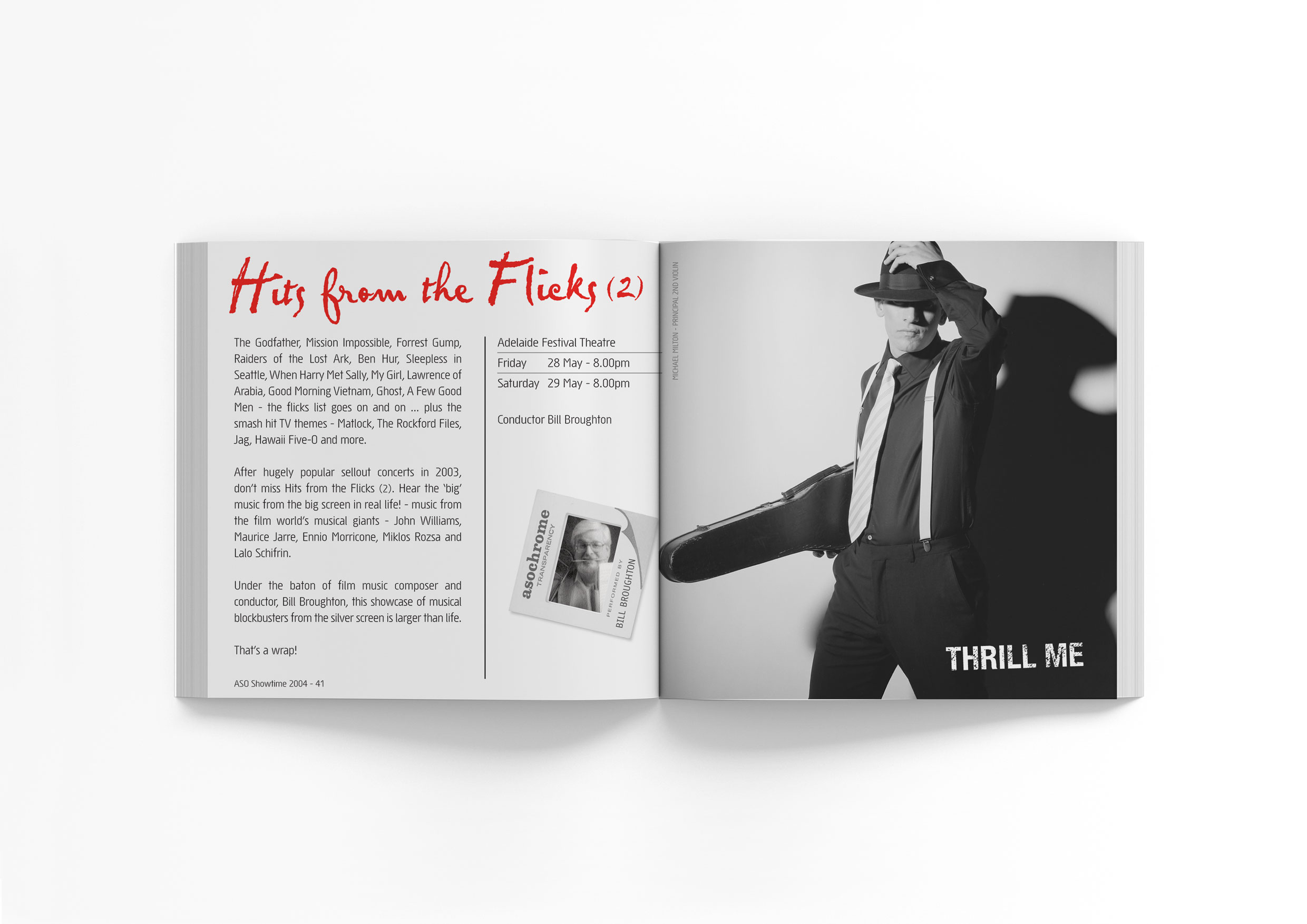

Shipstead hits the sweet spot in the literary-meets-commercial subgenre, with writing that is, at its core, solid, intelligent, finely crafted. Through Harry, and Joan’s connection with her old ballet friend Elaine, a compatriot who made it all the way up the ranks to principal, she is pulled back into the world she thought she’d left behind, back into dangerous secrets, and back, inevitably, to Arslan. But as the years pass, Joan comes to understand that ballet isn’t finished with her yet, mostly in the form of her own son’s possibly prodigious talent in ballet. She marries him, they move to California, where she assumes a staid, stable life while raising their son, Harry. A torrid but too-brief love affair with the charismatic, narcissistic Arslan only serves to emphasize her limitations, and finally she bows out, quits dance, returns home to Jacob, the besotted boy-next-door from her past. The story in a nutshell: Joan is a professional ballet dancer, painfully aware that her level of talent dooms her to mediocrity, whose biggest claim to fame is that she helped a Soviet ballet star, the prodigiously talented Arslan Rusakov, defect in 1975.

Astonish Me is the name of Maggie Shipstead’s new novel, following the success of her first novel, Seating Arrangements, a New York Times bestseller, the winner of the Dylan Thomas Prize and the Los Angeles Times Book Prize for First Fiction. Most surprisingly, it’s written by someone who’s not involved in the dance world in any capacity. Instead, it’s an engrossing yarn, spanning thirty years, flitting in and out of the world of ballet in the most delicious manner. Astonish me.įinally, someone has given me the ballet novel I’ve been waiting for. Finally, it’s not just young adult fodder, challenges facing budding ballerinas, nor is it the heavy, brooding, darker-side-of-ballet material ( Black Swan, anyone ?) showing up. Etonnez-moi, Diaghilev had once said to his dancers in the Ballets Russes. Forgetting herself, she leans out over the railing, wanting to get closer. She has been dancing since before her fifth birthday, and she realizes that the beauty radiating from him is what she has been chasing all along, what she has been trying to wring out of her own inadequate body. But the beauty of Arslan’s dancing is not what moves Joan to cry in her red velvet aerie: it is a dream of perfection blowing through the theater.

His movements are quick but unhurried, impossible in their clarity and difficulty and extraordinary in how they seem to burst from nowhere, without any apparent effort or preparation. The choreography is old-fashioned, but as Rusakov circles the stage doing high, perfect coupés jetés en tournant, his technique is not fusty but pure.


 0 kommentar(er)
0 kommentar(er)
